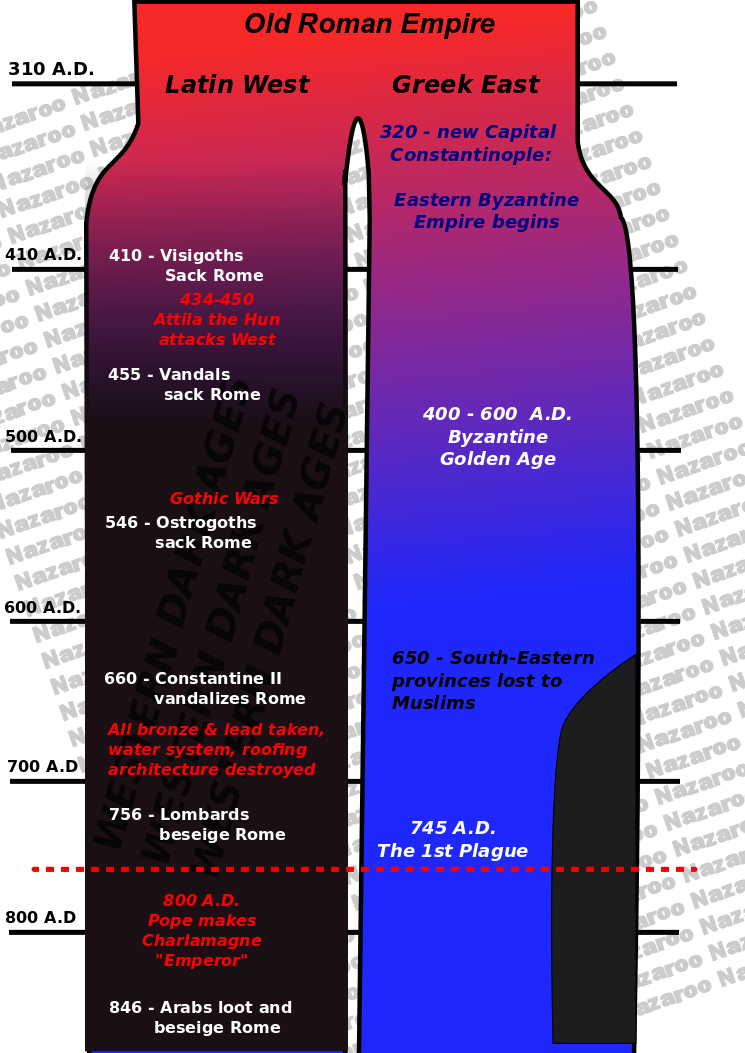The above quote leads me to ask you, Nazaroo, what you believe "true Christianity" is.
A fair question deserves a fair answer, even if it is off-topic.
I won't derail the thread topic, but I will give a brief answer.
True Christianity can be helpfully outlined by what it isn't, as much as what it is.
It won't be found in any narrow cult, sect, or even denomination, no matter how well intended and guided.
It can't be founded on the sand of authoritarianism, whether by popes, bishops, or even pastors, but must be broadly based on the rock of inspired honesty, guided by conscience. It can't be imposed, and must be received.
It was found in the best impulses and frankness of the Reformation, not necessarily in doctrine, but in practice. It will always be found more often and more reliably among unsophisticated fishermen, carpenters, scribes and students, and even ex-tax collectors and ex-prostitutes, than it ever will be among the wealthy, well educated and self-righteous, rulers, priests and lawyers.
True Christianity, when thirsty will always return to the source of all its inspiration and accomplishments, namely the delivered and received, revealed and acknowledged Holy Scriptures of the Living God.
True Christianity can never be found in its purest form on earth, any more than true justice could be had before the completion of Judgement Day, but it will always and ever struggle toward holiness, as defined by God, and not as judged by man from superficial appearances.
True Christianity is an invisible and mysterious Body, with however a full and physical presence in the world and is an effective force for good and the relief of suffering, as long as there is light to work.
True Christianity will be found behind every charitable act of kindness and mercy, bearing fruit of repentence and life-giving change in human lives.
But if you can't always see its fruits, or find it in your fellow man, remember even Elijah felt the same at times.
In my view, without neglecting good Christians and sincere, kind and loving people of all denominations, I believe that the Protestant Reformers of every stripe had more light in their lamps and were more useful to God than a whole infrastructure of worldly priests, monks, and cardinals, who had buried themselves in earthly wealth and grown cold.
The case with the Latin versus the Greek church at certain times was similar to the case between Roman Catholics and Protestants in Reformation times, and between the fallen German skeptics of the 19th century and the British historical-critical advocates.
Some parts of the universal church, some denominations, some countries and nations, some social groups and classes had fallen into deeper decay than others, and their betters had more faith, gospel truth, and positive fruits.








